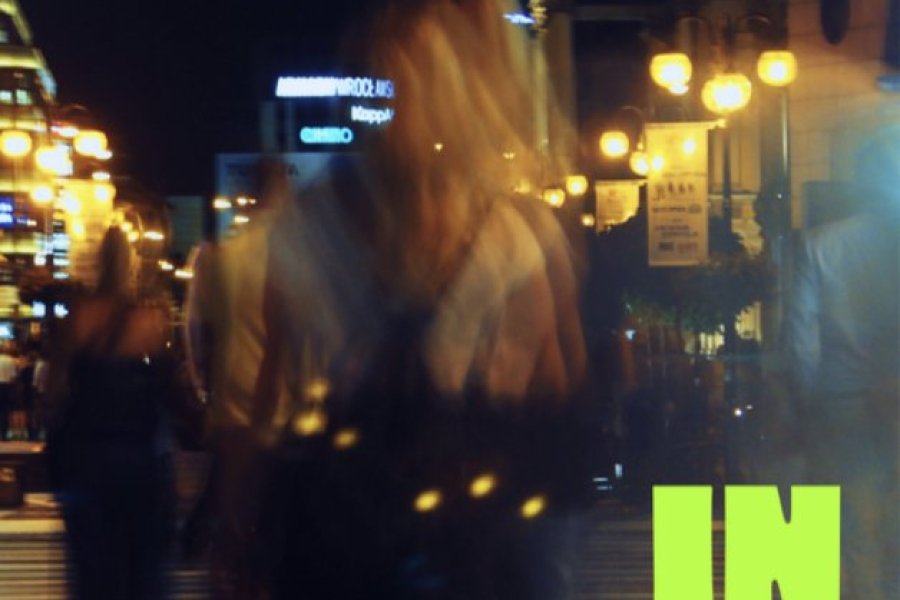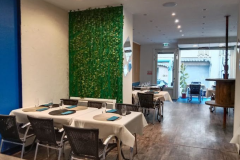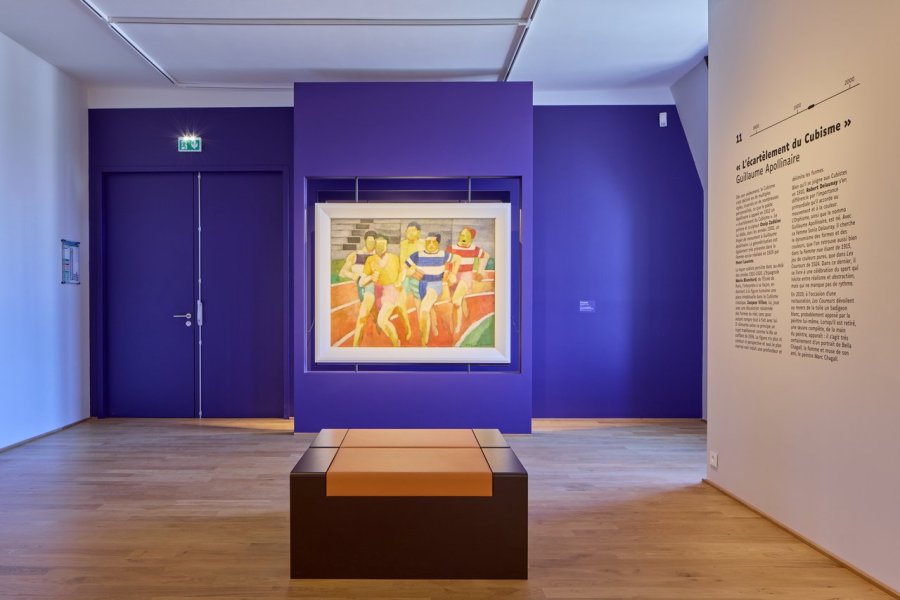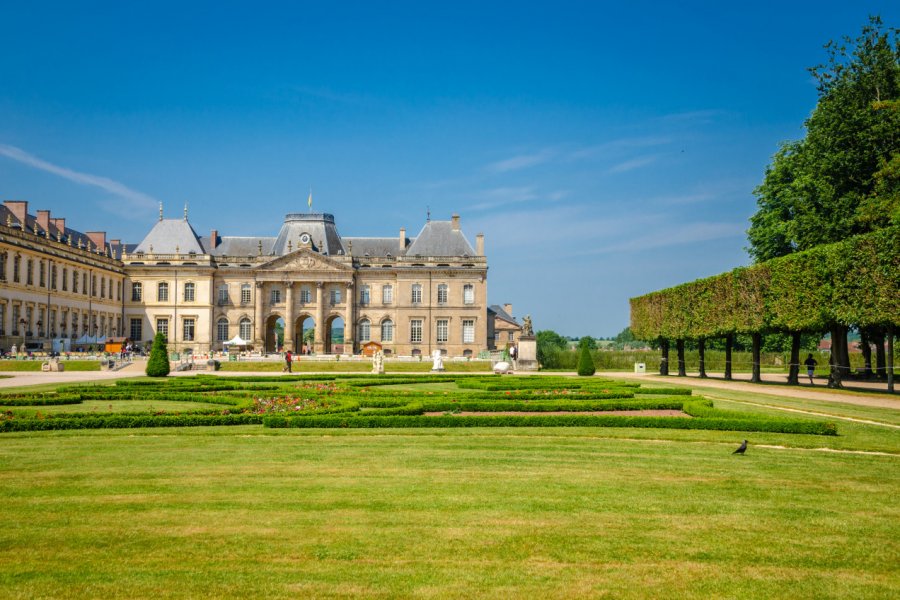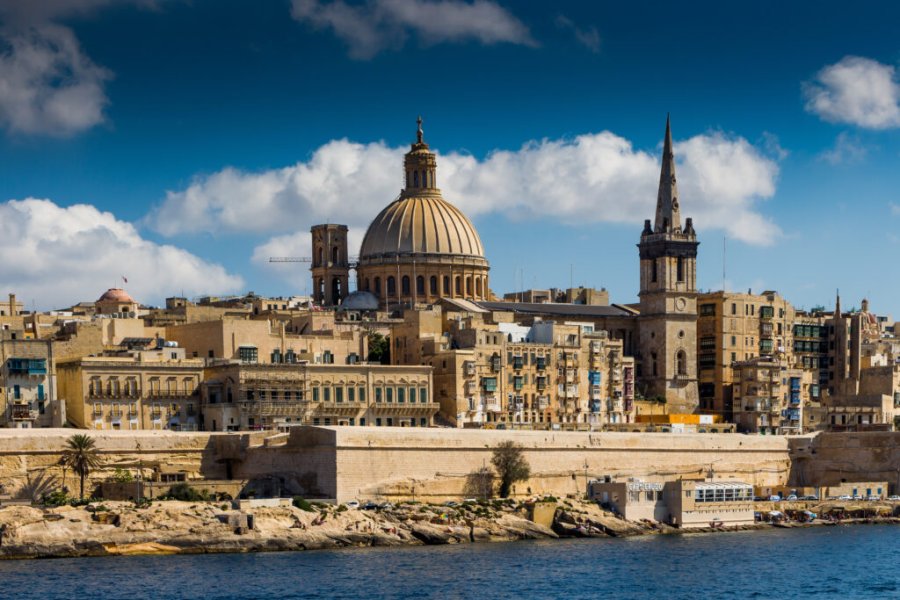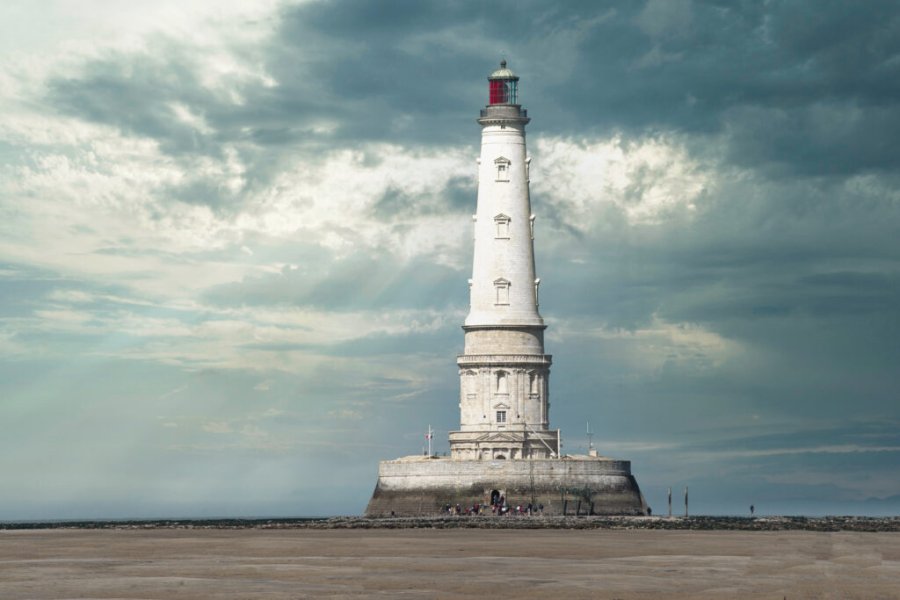An essential passage on the salt route, salt workers and merchants used it between Rosières, Vic-sur-Seille, Einville, Marsal, Deneuvre and Alsace on one side, and Burgundy on the other. The salt trade was a source of revenue for the town, which levied a toll on each passage. A castle and abbey were built as early as the year 1000. After belonging to German princes and then to Étienne, bishop of Toul, the town became the property of the Folmar dynasty until 1055. It was succeeded by the Dagsbourgs, Arembergs and Hamburgs, before the county of Lunéville became part of Lorraine in 1243. Lunéville did not develop until 1330, under the reign of Duke Raoul I. The old château survived until 1612, when Henri II demolished it and rebuilt another. Damaged during the Thirty Years' War in the first half of the 17th century, the new castle was restored by Leopold in 1698, before the present one was built. The seat of the court, the town remained the unofficial capital of Lorraine until 1766, when it welcomed Voltaire. Lunéville became French on the death of Stanislas in 1766. Lunéville, the capital of the arrondissement, is well worth a visit. A remarkable heritage, including the château built by architect Germain Boffrand and listed as a Monument Historique, as well as many other treasures, await visitors with a passion for history and old stones, such as the Parc des Bosquets, adjacent to the château, the synagogue dating from 1786 (the first synagogue to be built in France), the theater offering a varied and dynamic program, the Maison du Marchand and the churches of Saint-Jacques and Sainte-Jeanne-d'Arc. Still nicknamed the "cavalry town" today, Lunéville was home to as many as ten companies of Red Gendarmes. Nestled in a green setting between Nancy and the Vosges mountains, Lunéville offers its inhabitants the advantages of a town in the country, and will seduce visitors with its many charms. Its appeal is also gastronomic, with the great local specialty: baba au rhum, said to have been created by the cook of the Polish king Stanislas Leszczynski. And let's not forget the famous pâté lorrain and quiche lorraine. The town has the advantage of being surrounded by large forests, as well as the Pierre Percée lake.
